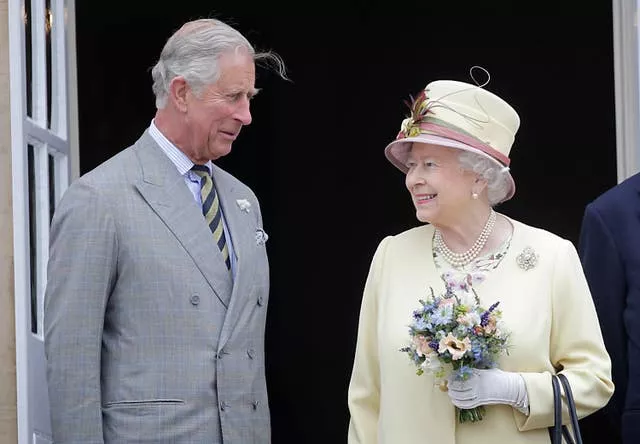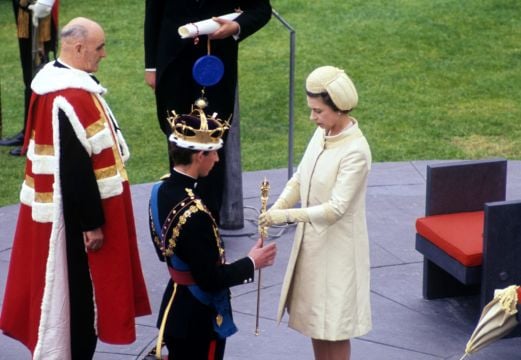The Prince of Wales has become King, having acceded to the throne immediately on the death of his mother, the Queen.
Charles – the nation’s longest-serving heir apparent, having been so since he was three years old – is now fulfilling his royal destiny and reigning as monarch.
Despite his grief, duty calls for the new King at the start of this new royal era, demanding that he immediately turns his hand to matters of state as sovereign and leads the nation in mourning.

Charles – now styled His Majesty rather than His Royal Highness – will be expected to deliver a televised address in honour of his beloved mother.
He will meet the Prime Minister, confirm funeral plans, and tour the UK with his wife, Camilla, who is now the Queen Consort and has the title of Queen, in the coming days.
Charles has automatically become King due to the 17th century Bill of Rights (1689) and the Act of Settlement (1701).
But there must be a formal proclamation of him as the new monarch at an Accession Council in St James’s Palace in London as soon as practically possible.
The Council is usually convened the day after the death of a sovereign.
It is formed of two parts.
First, the Privy Council – to which 200 of the 700-plus privy counsellors will be summoned – meets without the sovereign to proclaim the new monarch and arrange business relating to the proclamation.
Then, secondly, the new King holds his first Privy Council.
Charles will make a personal declaration about the Queen and then take the oath to preserve the Church of Scotland – because in Scotland there is a division of powers between Church and State.
Afterwards, the first public proclamation of the new sovereign is read in the open air from the Friary Court balcony at St James’s Palace by the Garter King of Arms in the presence of the Earl Marshal and two of the sovereign’s Serjeants at Arms.

Amid great ceremony, trumpeters usually play a fanfare from the balcony and gun salutes are fired in Hyde Park and at the Tower of London.
The proclamation will then be read at the Royal Exchange in the City of London.
It is also read out publicly at some stage in other cities including Edinburgh, Cardiff and Belfast and usually at Windsor and in York, where the mayor traditionally drinks to the new sovereign’s health from a golden goblet.
Charles has become known for his commitment to royal duty, environmental campaigning and his charity work over the years.
But his personal troubles have also peppered his long wait to be monarch – notably the breakdown of his marriage to the Princess of Wales and his affair with Camilla Parker Bowles, now his wife and Queen.
Camilla was endorsed to be known as Queen by her mother-in-law 17 years after she married the prince in 2005.

At the time of her wedding, aides insisted Camilla did not want to be Queen and would not be known as such.
As the UK’s head of state, Charles will now undertake constitutional and representational duties which have developed over 1,000 years of history.
He is now head of the armed forces and head of the Church of England, and also monarch of numerous Commonwealth realms.
The new King’s coronation is not likely to take place for many months and will involve much detailed planning.
Codenamed Operation Golden Orb, the service in Westminster Abbey is expected to be shorter, cheaper and more inclusive of multi-faith Britain.
But the coronation remains a deeply religious Anglican occasion.
The Queen acceded to the throne in February 1952, but her coronation did not take place until 16 months later, in June 1953.
Unlike the Queen, who became sovereign in her 20s, Charles has spent more than 70 years – almost all of his life – as a king-in-waiting, becoming the longest-serving heir apparent in British history.







